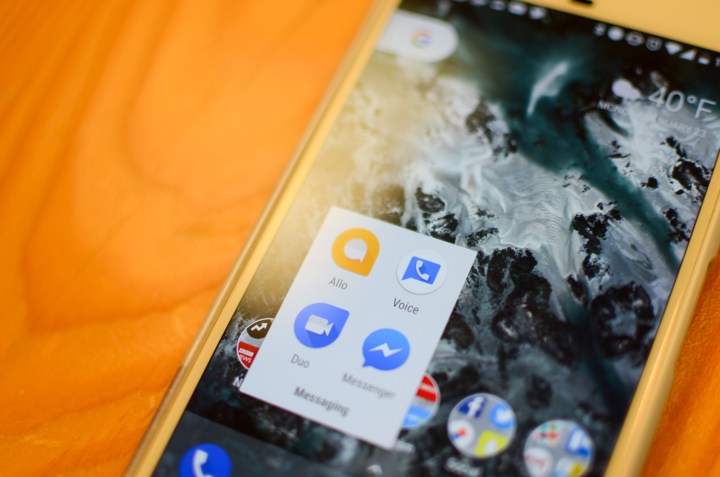
Last summer, Google took the initiative of adding anti-spam features to Nexus, Pixel, and Android One phones, allowing your device to warn you if you were receiving a ring from a “suspected spam caller.” Now, Google Voice is receiving the same functionality.
These measures have resulted in twice as many caught spammers, 20 percent fewer spam reports from customers, and 40 percent more calls correctly identified as spam, according to Google. The steps to enable spam filtering in Voice have been laid out on the company’s support site.
Previously, many of Voice’s features were added, over time, to Hangouts. Hangouts began as a messaging and internet-based calling app designed for regular users, but in recent months Google has decided to re-purpose it for enterprise customers. As a result, the app has dropped longstanding features like SMS support, and Google is propping up Voice to be its replacement for calling features — several years after it replaced Voice.
All the features that made Voice groundbreaking back when it launched more than seven long years ago are still on board, such as the ability to text from the same number from any device, including your computer; voicemail transcription, and call recording. That last one in particular is still shockingly absent as a stock feature on smartphones, and Google’s app remains one of the only free and convenient ways to do it.
Editors' Recommendations
- Check your Google Pixel Watch now for a big software update
- Update your Google Pixel 7 now for three big security and audio features
- Here’s why you need to update your Google Chrome right now
- Google just banned call-recording apps from the Play Store
- Google now lets you call people directly through the Gmail app


